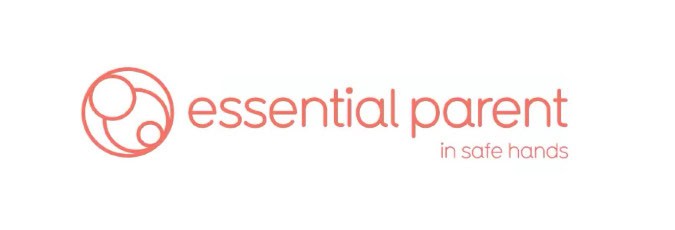‘I have come that they may have life, and have it to the full.’ (John 10:10)
At St Thomas’, our PSHE curriculum focuses on providing pupils with positive and exciting opportunities to develop the knowledge, skills and understanding that are needed to flourish as individuals, so they are able to stay safe and healthy, living fulfilled lives in modern Britain. We believe that PSHE makes a significant contribution to the promotion of a young person’s sense of identity and self-esteem. It helps them to cherish themselves and others by understanding that they are uniquely and wonderfully made in the image of God. PSHE enables them to recognise and manage their emotions and to communicate positively in a range of different scenarios, building resilience to handle setbacks and the challenges presented by an increasingly complex world. At St Thomas’, we focus on developing pupils’ emotional literacy which we feel is crucial to developing well-rounded individuals. PSHE lessons contribute to the development of self-awareness, social skills, managing feelings, motivation and empathy. We are committed to pupil’s well-being and personal development in order to help them thrive across the whole curriculum.
PSHE Curriculum Overview
Our PSHE Curriculum Overviews feature the topics covered across school and how these relate to the three strands that form the PSHE curriculum: Relationships; Health and Wellbeing; and Living in a Diverse World. At St Thomas’, we work hard to deliver and embed PSHE across the whole curriculum, and not just during PSHE lessons. You’ll notice that cross-curricular links have been made where appropriate so that concepts and skills are further developed within context and through experiential and practical learning opportunities.
In the Equality Act 2010, nine characteristics were identified as ‘protected characteristics’. These are the characteristics where evidence shows there is still significant discrimination. Within our PSHE curriculum, we emphasise the importance of equality, tolerance and respect for EVERYONE and link this to our ‘St Thomas’ Way’. These are referenced throughout our Overview of Coverage, and referred to in lessons when appropriate (see icons on the overviews).
Click on the links below to view our whole-school overviews.
RSE: Relationships & Sex Education
During the Summer Term we deliver lessons from the Christopher Winters Project resource (CWP), in line with our agreed policy and scheme of work. Parents are invited in to school to view our lesson resources and plans beforehand. Edited versions of the PowerPoints shared at these meetings can be found below.
Year 6 parents have the right to withdraw their child from one specific lesson should they wish to do so. These requests should be submitted to Ms Loynes (Head Teacher) ahead of these lessons being delivered.
RSE: Recommended Books to Use at Home
Many parents take the opportunity to talk to their child ahead of our lessons in school, to prepare them for some of the content that will be covered, such as where babies come from, our bodies and growing up, relationships, consent, trusted adults and families. Books are often a great starting point for discussion and will help frame your conversations and questions in a safe and informal environment.
When it comes to RSE books, it’s especially important to be sure that the information is clear, accurate and age appropriate. It’s easy to be overwhelmed by choice, but these tried and tested books are recognised as being appropriate to use and will hopefully help you to choose good, quality texts.
Just be sure to check you’re happy with the information and level of detail before you share it with your child.
This recommended book list also includes books used within lessons at school. Please scroll through to find the appropriate age for your child (they are listed in age order).
Spiritual, Moral, Social and Cultural Education (SMSC) and British Values
Spiritual, Moral, Social and Cultural development of the children in our school is not a separate subject that is taught explicitly, but an aspect of learning that should be present in lessons and behaviour in school. Some lessons lend themselves more easily to direct SMSC development such as PSHE and RE. We also aim to develop SMSC through worship, behaviour expectations and our attitudes in school.
As articulated in the Government’s ‘Prevent’ strategy of 2011 we have a focus on the core British values which are: Democracy, The Rule of Law, Individual Liberty, Mutual Respect and Tolerance of those of different faiths and belief.
Through our SMSC provision we:
- Enable students to develop their self-knowledge, self-esteem and self-confidence.
- Enable students to distinguish right from wrong and to respect the civil and criminal law of England.
- Encourage students to accept responsibility for their behaviour, show initiative, and to understand how they can contribute positively to the lives of those living and working in the locality of the school and to society more widely.
- Enable students to acquire a broad general knowledge of and respect for public institutions and services in England.
- Further tolerance and harmony between different cultural traditions by enabling students to acquire an appreciation of and respect their own and other cultures.
- Encourage respect for other people.
- Encourage respect for democracy and support for participation in the democratic processes, including respect on the basis on which the law is made and applied in England.
This underpins our ethos to developing SMSC in school. We ensure opportunities for developing the British Values through our SMSC.
 Contact us
Contact us







